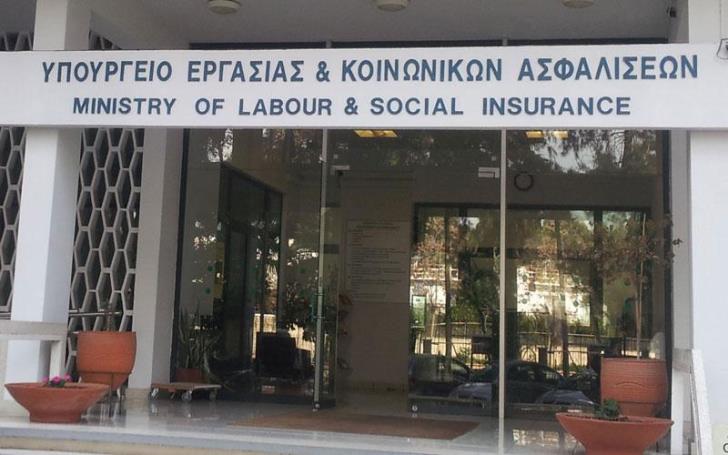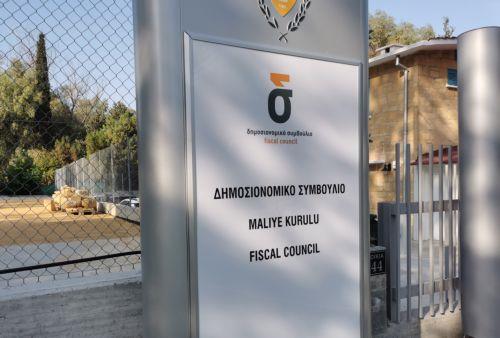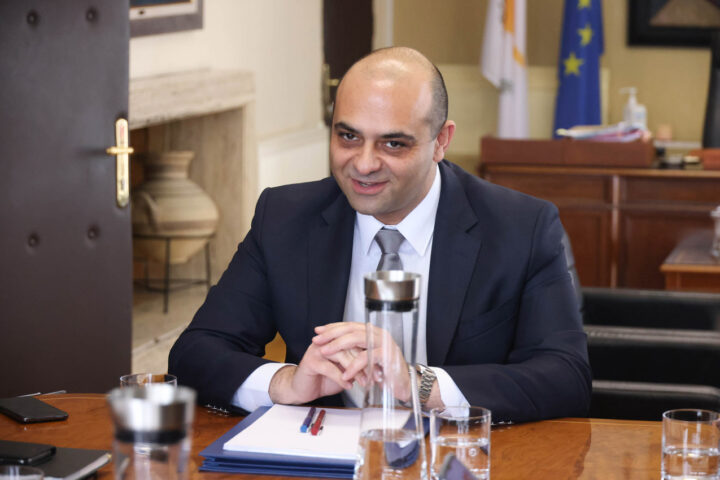State borrowing must be reduced, says Fiscal Council
The Fiscal Council, advising the Cyprus government on economic policies, has renewed a warning call that borrowing from the Social Insurance Fund has reached critical levels, threatening to derail public finances if action is not taken.
In an announcement on Thursday, it urged the government to act on the suggestions of an actuarial study, submitted to the authority earlier in the week. The authority has warned that it needs to address its dependency on the Social Insurance Fund, as it now owes over €10 bln to it.
Revealing part of the actuarial study, the Fiscal Council welcomed the state actuarial study’s findings that the SIF is sustainable until 2062, with contributions coming in from employees and until 2080 through its investment policy.
However, the advisory body insisted on highlighting the study’s conclusion that the government’s debt has reached dangerously high levels, as it could come under pressure in worst case scenarios.
“We agree with the findings of the actuarial study that should scenarios of adverse economic conditions prevail, the government and the Fund are very likely to face pressures simultaneously,” said the Council.
It also mentioned that “this high probability could radically change estimates in a very short period.”
Quoted by Kathimerini, the Council’s chairman Michalis Persianis, explained that, “there isn’t as much concern about the sustainability of the Fund itself, as there is about the cost associated with this sustainability”.
Elaborating, Persianis said that the government will have to borrow money to pay off its debt, in turn, pushing up public debt.
“When the time comes, pressure will exerted on the state budget,” he said.
Continuing, the council’ chair said that “a gradual reduction of the state’s debt to the SIF and a review of the investment policy to achieve higher returns seem to be favoured by the new Sustainability Assessment Study for the Social Insurance Fund”.
Confirming that paying off the debt to the SIF will be putting strain on public finances, economist Fiona Mullen of Sapienta Economics, told the Financial Mirror that “from 2024 the government is due to start paying 4.5% on its €10.7 bln inter-governmental debt to the Social Insurance Fund, and to start paying off the principal once the debt/GDP ratio falls below 60%”.
“While the media have reported that this will lead to a rise in interest payments, so far this has not shown up in the January data. Interest payments in January reached €35.1 mln, compared with €41.7 mln in January 2023”, she said.
SIF investment policy
Regarding the SIF investment policy, the study suggests that “currently, the assets of the Fund are mainly invested in non-negotiable government deposits (98.6%), while the remaining assets are invested in medium-term government debt (bonds) and deposits in Cypriot commercial banks.”
Therefore, “the formulation of a strategic plan for revising the Fund’s existing investment policy is recommended to achieve higher returns in favour of the Fund itself,” added Persianis.
According to the Fiscal Council, the study suggests that “the Social Insurance Fund could consider the possibility of increasing the percentage of its assets invested in non-government securities, aiming to enhance diversification of its investment portfolio and achieve higher returns”.
The study is expected to be discussed soon at the Labour Advisory Body, including the Minister of Labour and representatives of social partners, labour unions and employer organisations.
The Fiscal Council’s announcement on the new Sustainability Assessment Study of the Social Insurance Fund does not address the contentious issue of the 12% penalty on early pensions and low pensions, an issue currently subjected to consultations between social partners and political parties.
Tabling employers’ take on the sustainability of the SIF, Lena Panayiotou, Assistant Director General at Cyprus Employers & Industrialists Federation (OEB), told the Financial Mirror that they are more concerned over the pension reform.
“So far, the Fund has not failed in paying out pensions and other benefits. The greatest challenge we have before us is the reform of the pension system, and how the Fund will respond to changes in the cards,” said Panayiotou.
“We have been talking about drawing up an investment strategy for the SIF for years now,” said Panayiotou.
“We first have to decide what results we want to see from the investment strategy. The primary goal should be to increase reserves, and boost pensions in turn,” she explained.










